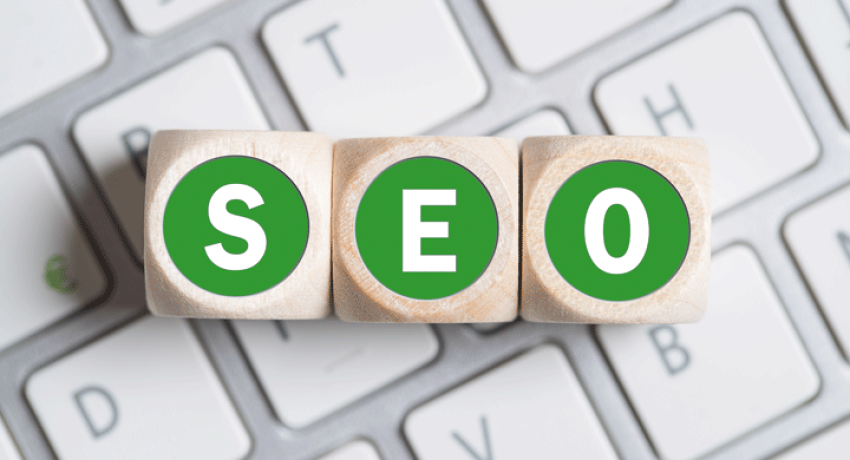Without a well-designed real estate website, you could be missing out on valuable lead generation and sales opportunities. A strong and informative website can be a huge advantage; however, your website must give users a reason to interact and remain on site for longer than a couple of seconds. For example, if your website only has a “properties for sale” section, your visitors will quickly click away after taking the one action they can: viewing the properties, without taking action to reach you.
Follow these content and real estate search engine optimization (SEO) tips to ensure your website is a valuable resource for your business and a useful, engaging tool to your current and prospective clients.
A Blog
You may be wondering why blogs are such a hit in today’s marketing world. You may also be wondering why everyone, from doctors to real estate agents, seems to have one. The reasons are simple: Blog posts provide your visitors with consistent, relevant information to assist them in their buying or selling experience, which they can return to throughout their journey. Not only will they be coming to you for housing information, but they’ll be seeking out your expertise and advice as well. In addition, by posting relevant information using terms your clients will be searching, you can also increase your search engine result rankings.
Optimized and Professional Photography
The real estate industry is highly visual, so your real estate website needs high-quality and informative photos. Every photo you post needs to bring value to your content, whether it is a blog post or property listing. If an image doesn’t benefit your brand and style, it is distracting your viewers from photos and information that could generate leads. In addition, quality photos with proper names and ‘alt tags’ further increase your chances of ranking higher in search engine results.
Properties for Sale Section with Featured Listings Slideshow
A real estate website has little value without a “properties for sale” section. If you have been using your website as a stationary page to advertise your services, you need to start using it as a platform that will sell your listings and generate referrals. However, the more homes for sale you have, the more complicated your site can become. Place importance on design to ensure your website is user-friendly and highlight feature listings to ease visitors’ browsing experience. Many real estate agents do this with a slideshow, to automatically showcase the best homes for sale and reflect your region and area of expertise.
Social Media Integration
Social media is one of the most powerful tools available for real estate agents and without it, you are limiting your prospecting tools and your website. Assuming you are already active on social media, you’ll want to connect your real estate website with all your social media channels to ensure the highest number of people are viewing your homes for sale and seeing your available services. Many website platforms offer integration apps that will instantly add your social media channels as linkable icons into your website’s design, allowing you and your clients to automatically share listings, blog posts, and other content.
Furthermore, by linking your social pages to your website (and vice versa) you will continue to build on your overall web presence and improve search result rankings.
Real Estate SEO
Without SEO, your real estate website will be lost amongst the thousands of other sites that appear in search engine results. As a real estate agent, your time is valuable. However, investing in some real estate SEO has the power to take your business to the next level. Follow these 13 simple steps to set your website up for success—and consider the opportunities listed in your other website features above as well!








